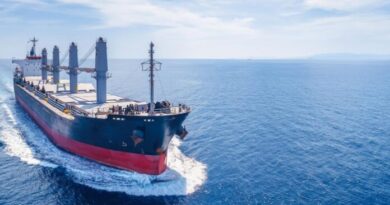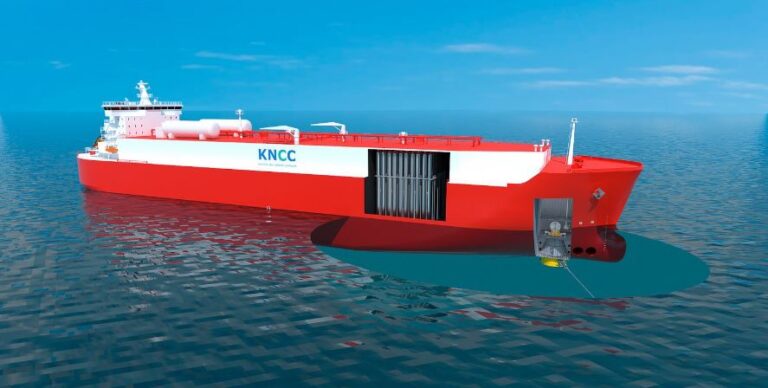Beyond fuel savings: digitalisation’s untapped potential for OSVs
The marine offshore sector provides a blueprint of how data can be harnessed to improve fuel efficiency. Digitalisation in the Offshore Support Vessel (OSV) sector has become a necessity in response to a rapidly tightening market. The marine offshore market is rebounding after years of stagnation, resulting in a shortage of vessels and substantial hikes in day rates and fuel prices.
Soaring fuel costs and day rates at levels not seen since 2008 are pushing charterers to implement digital systems for operational monitoring and fuel efficiency, aiming to cut costs in a rapidly changing environment.

Meanwhile, shipowners are driven to maximise vessel availability to capitalise on favourable market conditions, but high interest rates are making financing and newbuild orders less attractive. As a result, the industry is concentrating on extending vessel life amid ongoing uncertainty over new fuels and regulations.
This is driving several companies to enhance their fleet’s digitalisation to optimise their operations and reduce fuel consumption.
Emission reductions, delivered by data
The experience in the OSV segment is highlighting the transformative potential of digitalisation in boosting fuel efficiency across the broader shipping sector.
A notable example includes Opsealog’s newly-announced collaboration with French shipping company Bourbon, which will reduce emissions across its global Marine & Logistics fleet of 104 vessels through data-driven optimisation.




